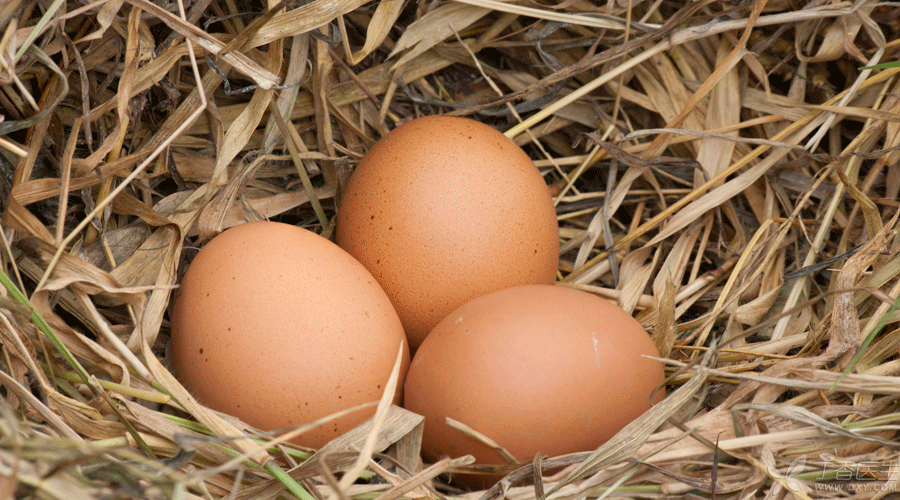
The illness is getting better more slowly.
-Oh, this is hair, can’t eat!
Every time I heard the word “can’t eat”, Dr. Clove’s heart caught fire inexplicably. Later, it was discovered that Dr. Clove got up a little early.
There are too many taboos about all kinds of [hair] in life…
Is it what that is often said? Can’t you really eat? Today, please invite Zhuang Shili and the teacher to talk about this problem.
What is hair?
No matter in modern medicine or traditional Chinese medicine, there is no saying of hair.
Hair is more defined by the people, and different people in different regions and even in the same region have different definitions of hair.
In the folk definition, hair refers to food that is irritating and easy to induce certain diseases or aggravate existing diseases. When people pay most attention to hair, they often get sick or their families.
For example, some people think that fish and shrimp are hair products, and it is not easy for patients to heal their wounds after eating them. Some people think that mutton and dog meat are hair products and are easy to get angry after eating them. Others believe that litchi and other fruits are also hair products, which are easy to rot the corners of the mouth.
There are two main reasons why there are a lot of people’s opinions about hair products:
- Lack of nutrition awareness: Often summed up the usual phenomena as experiences (such as hair and food restriction), and most of these experiences are wrong. Earlier, the hygiene conditions were poor: parasitic diseases and bacterial contamination often occurred, and for safety reasons, many foods were listed as taboos.
In fact, apart from [wrong experience] and [false rumors], many foods are called hair products for the following main reasons…
Allergy: It is very predestined, everyone has his own life,
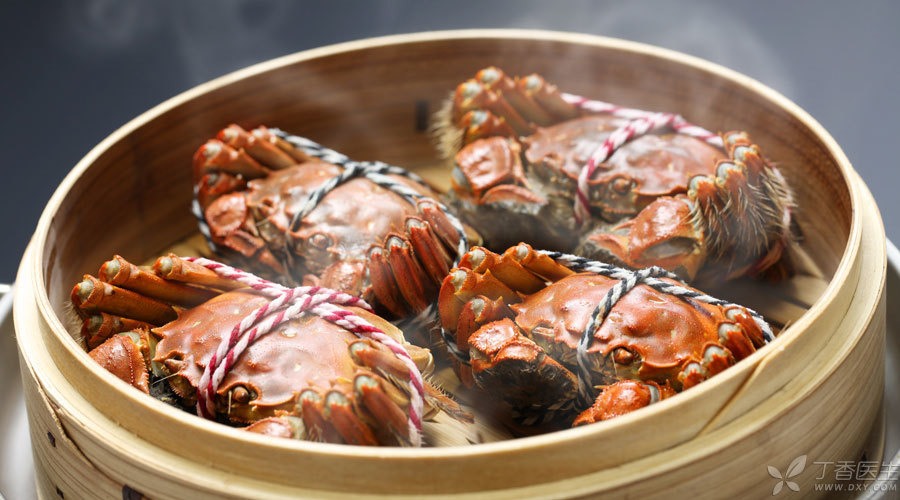
Many seafood are classified as hair products, mainly because of allergy.
The freshness of seafood comes from various flavor substances, and these flavor substances are very complicated. Some people will be allergic to eating them, such as skin itching, rubella, etc. A small number of people may also have diarrhea or even anaphylactic shock.
However, it is important that:
Allergy is a pathophysiological reaction that has a great relationship with one’s physique. For most people who are not allergic to seafood, as long as fish and shrimp are fresh and hygienic, they can eat them at ease after cooking at high temperature. For postoperative patients, fish and shrimp are also a very good source of nutrition.
Of course, although seafood is good, don’t eat too much. Many seafood have more purines. Long-term and large consumption may cause gout.
High sugar: Eating too much will cause [excessive internal heat]
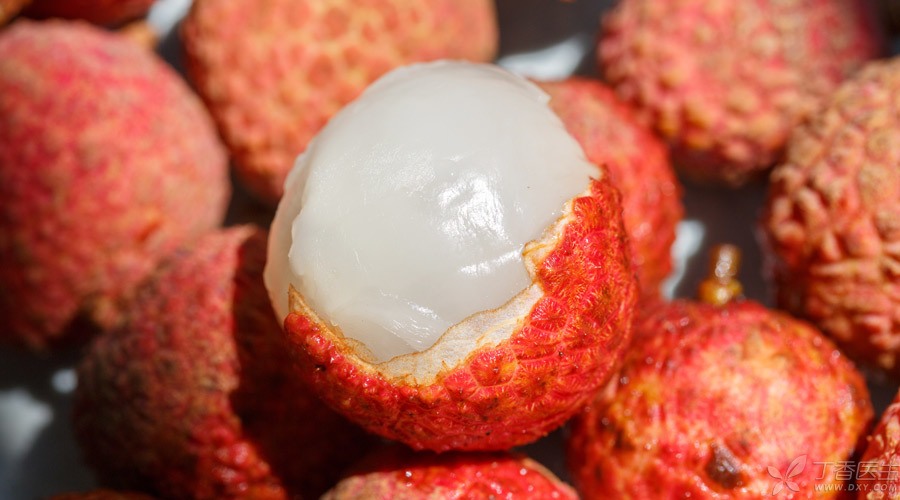
High-sugar fruits such as litchi and longan are also regarded as hair products.
In fact, for most people, eating these fruits in moderation is not a problem in itself.
Why do many people suffer from sores in their mouths and other [excessive internal heat] after eating?
There are two possible reasons:
- First, for these hand-peeled fruits with shells, if they are not washed clean, dust and bacteria on the shells will easily enter the oral cavity. Second, sugar is a good nutrient for bacteria. If you eat too much and do not gargle after eating, bacteria will easily breed.
If you can wash high-sugar fruits such as litchi, don’t eat too much at one time, and pay attention to gargling after eating, it will not be so easy to develop aphtha.
Spicy Stimulation: One Thousand Years of Backpot King
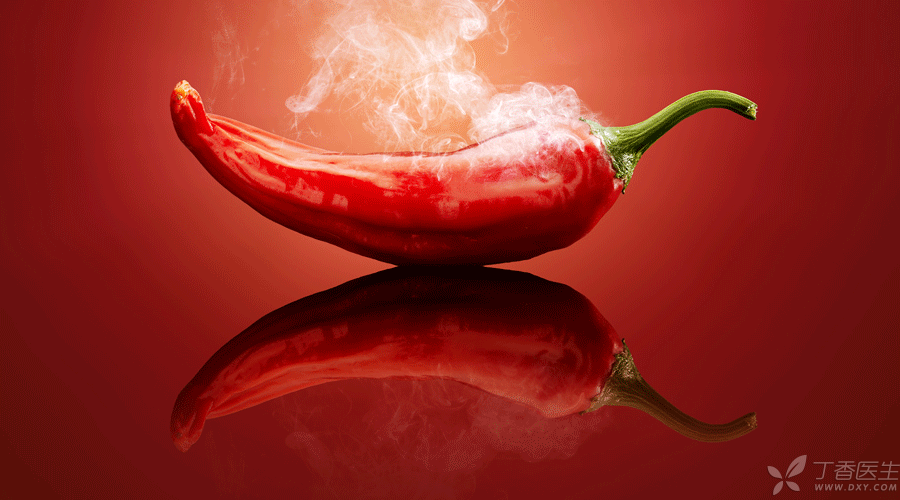
Pepper, prickly ash, leek, garlic and other spicy foods are regarded as taboos by many patients.
Take chili, which carries the pot all the year round, for example.
Capsaicin is a double-edged sword, which stimulates the brain to secrete endorphins and makes people happy, but it also stimulates the intestinal tract and makes people uncomfortable.
However, everyone’s threshold is different, and their ability to bear spicy food is also different. For example, a Sichuan person’s daily food may make a Fujian life worse than death.
For patients, chili is not absolutely taboo, and even low-dose capsaicin has some improvement effect on some dyspepsia.
For most people, in addition to the above-mentioned special circumstances, there is really no what’s absolute [taboo hair] in life.
More importantly, sometimes when we are ill, what we have to do is not [avoid eating] but [eat].
Sick, how should I eat?
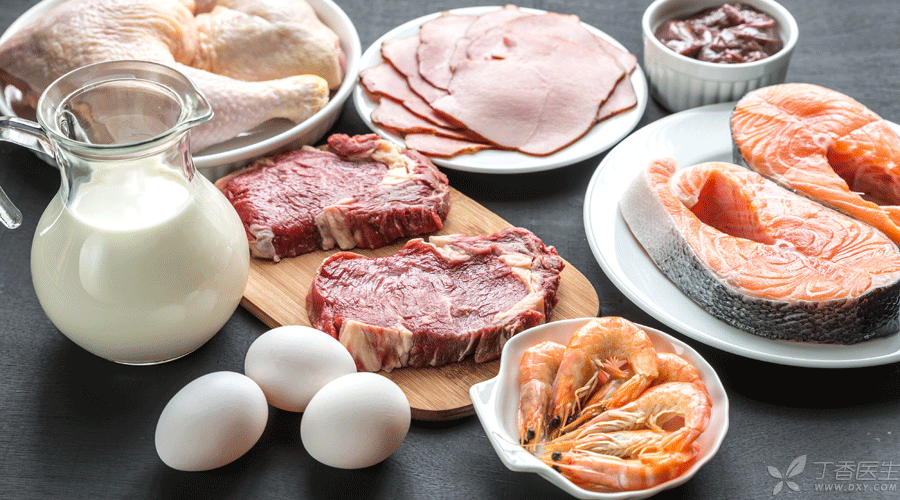
1. Minor Hair Illness
In fact, there is nothing special to avoid at this time. Many people say that they cannot eat eggs when they catch a cold. This may be a rumor made by hens who are lazy and don’t want to lay eggs.
Step 2: Surgery
The operation itself is a kind of trauma, which will change the metabolic condition of the patient. Simply put, [body energy consumption] will change.
In the first few days after the operation, the patient often needs to be hospitalized, and it is good to eat according to the doctor’s instructions in terms of nutrition.
After returning home from hospital, patients should appropriately increase protein intake and supplement important raw materials needed for wound repair.
Generally speaking, on the premise of balanced diet, it is recommended to take 1.5 ~ 2.0 g/kg protein every day.
For example, a 50 kg woman eats about 75-100 g of protein every day, equivalent to 400-500 g of beef or 10-15 eggs.
Are you shocked to see so many eggs?
This is the total amount! Most people’s daily diet will not be a single source of meat. Fish, shrimp, eggs and milk are very good sources of protein. It is good to eat everything.
Generally, it is not necessary to supplement protein with protein powder or some oral amino acid products.
However, high-protein diet increases the burden on liver and kidney for some postoperative patients suffering from chronic diseases (such as liver cirrhosis and renal failure), and it is recommended that these patients choose low-protein diet.
Don’t blindly believe in the so-called hair products any more. If you are already in poor health, you should pay more attention to [eating well].
